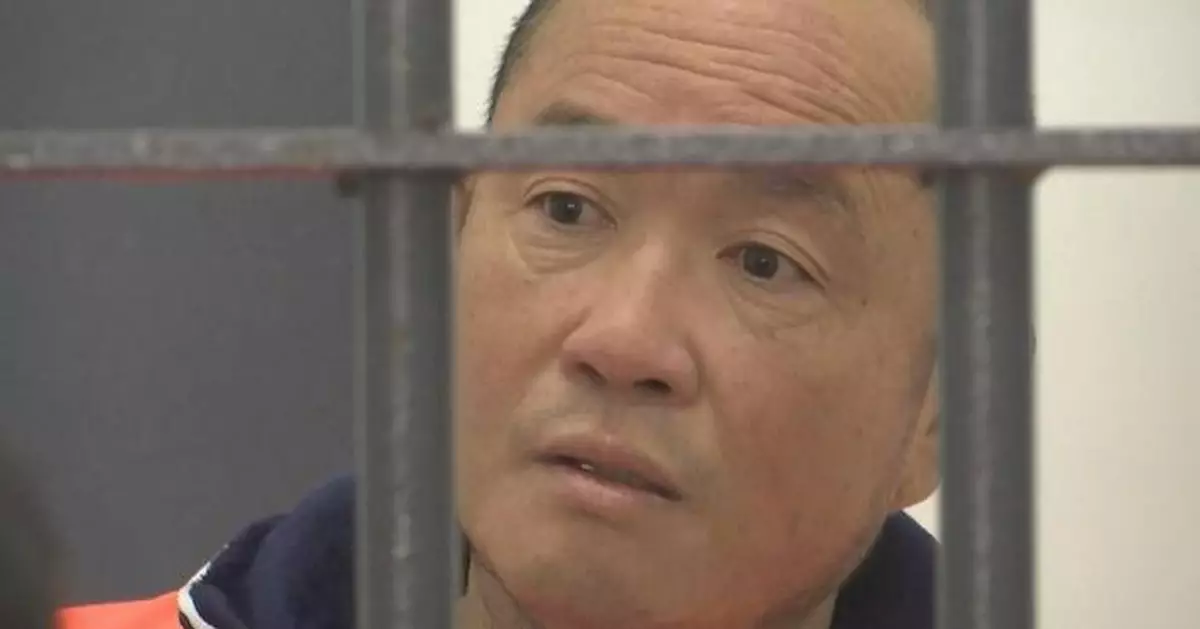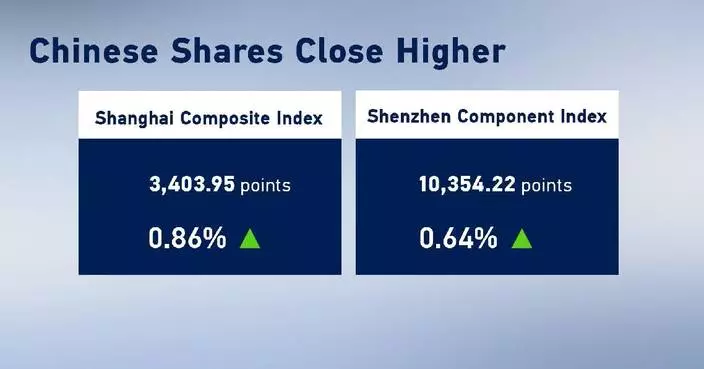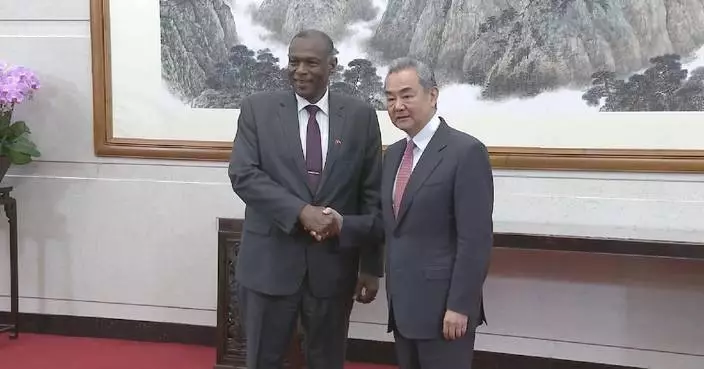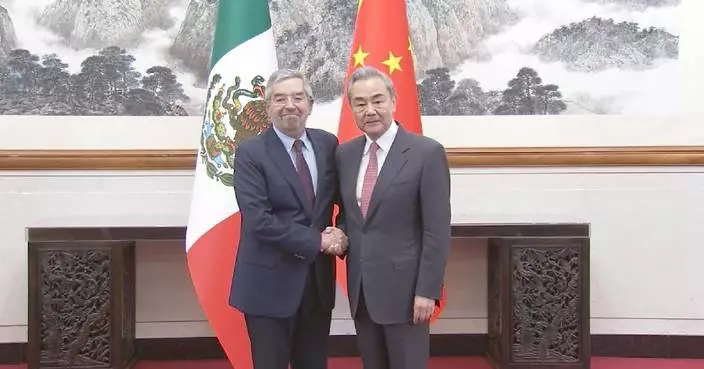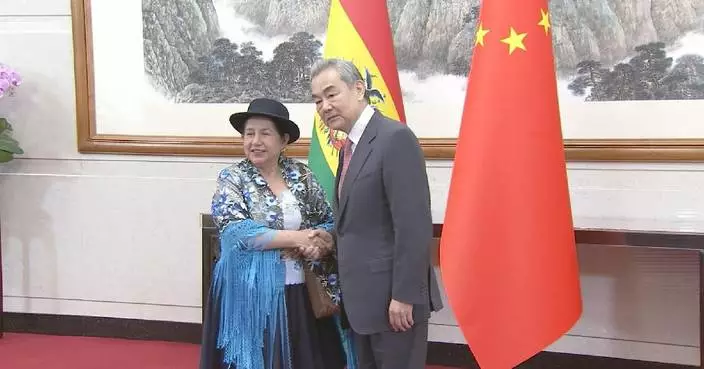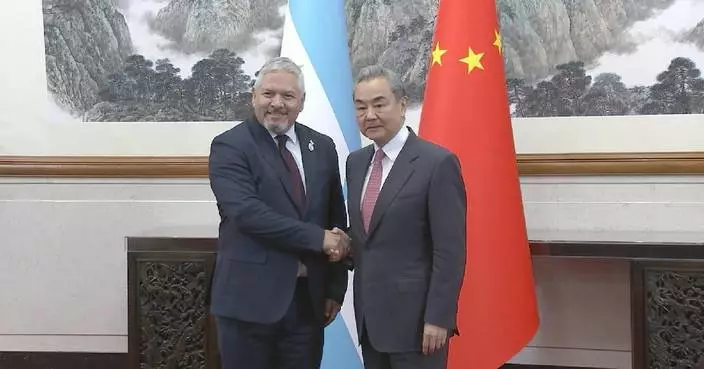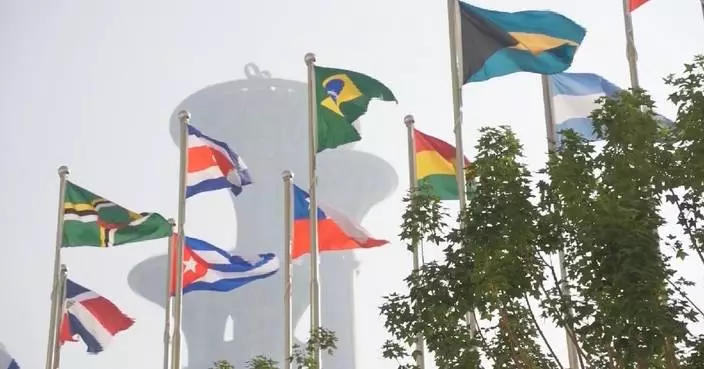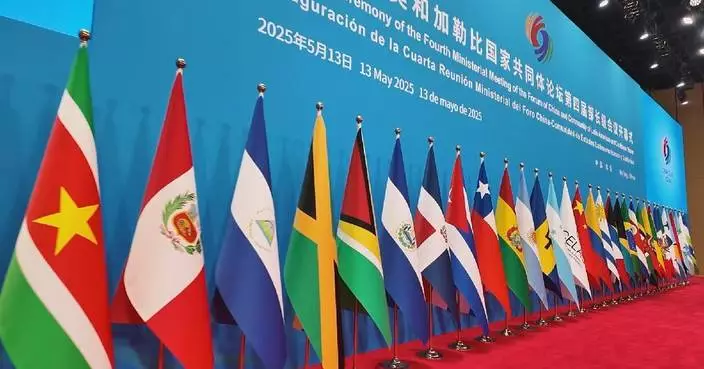A total of 39 members of major criminal groups based in northern Myanmar were prosecuted in China on Monday for telecom fraud and other crimes targeting civilians in China.
The suspects, including Mg Myin Shaunt Phyin and Ma Thiri Maung, are all in or linked with the notorious crime family "Ming syndicate". They face charges of fraud, intentional homicide, intentional injury, illegal detention, operating casinos, drug trafficking, and organizing prostitution.
The case was filed to a court in Wenzhou, a coastal city in east China's Zhejiang Province.
"The Ming syndicate and crime organizations linked to it had a lot of members. The case involves thousands of suspects, with 39 key members, including those responsible for the deaths of Chinese citizens, facing charges handled by the Wenzhou Procuratorate. The other several thousands of suspects will be prosecuted by local courts in Wenzhou and across various parts of China," said Wang Sheng, the executive deputy chief prosecutor of Wenzhou.
The prosecution examined over 1,100 volumes of case files, nearly 15,000 pieces of evidence, and more than 50 terabytes of electronic data, and brought up over 500 evidence-related recommendations.
"This case involves 16 defendants who are Myanmar nationals. However, because the serious crimes they committed in Myanmar such as intentional homicide targeted Chinese citizens, China has criminal jurisdiction according to the protective jurisdiction provisions of Article 8 of its Criminal Law. In addition, they used telecommunications networks overseas to commit fraud against Chinese citizens, opened online casinos for Chinese citizens to gamble, and organized Chinese women to go abroad for prostitution. Because the crimes were committed partly within the territory of China, according to the principle of territorial jurisdiction in Article 6 of China's criminal law, China also has criminal jurisdiction," Wang said regarding the foreign nationals involved.
Underlining that the crime syndicate's drug trafficking infringed upon the common interests of the international community, the procuratorate stated that China is exercising criminal jurisdiction based on its obligations under the United Nations Convention Against Illicit Traffic in Narcotic Drugs and Psychotropic Substances and other relevant provisions of international treaties.
The procuratorate emphasized that it shall seek death penalty in court for those criminals whose actions were especially brutal, causing significant harm and endangering public safety.

China prosecutes 39 members of major telecom fraud gangs in northern Myanmar


